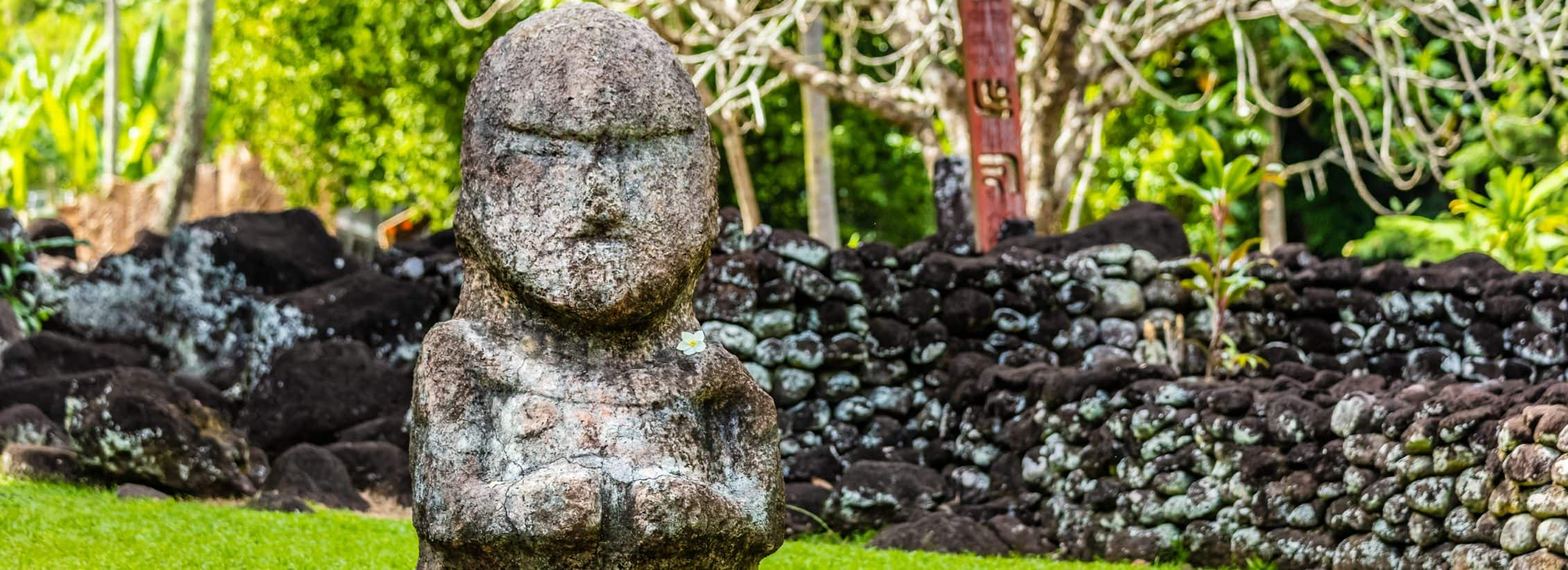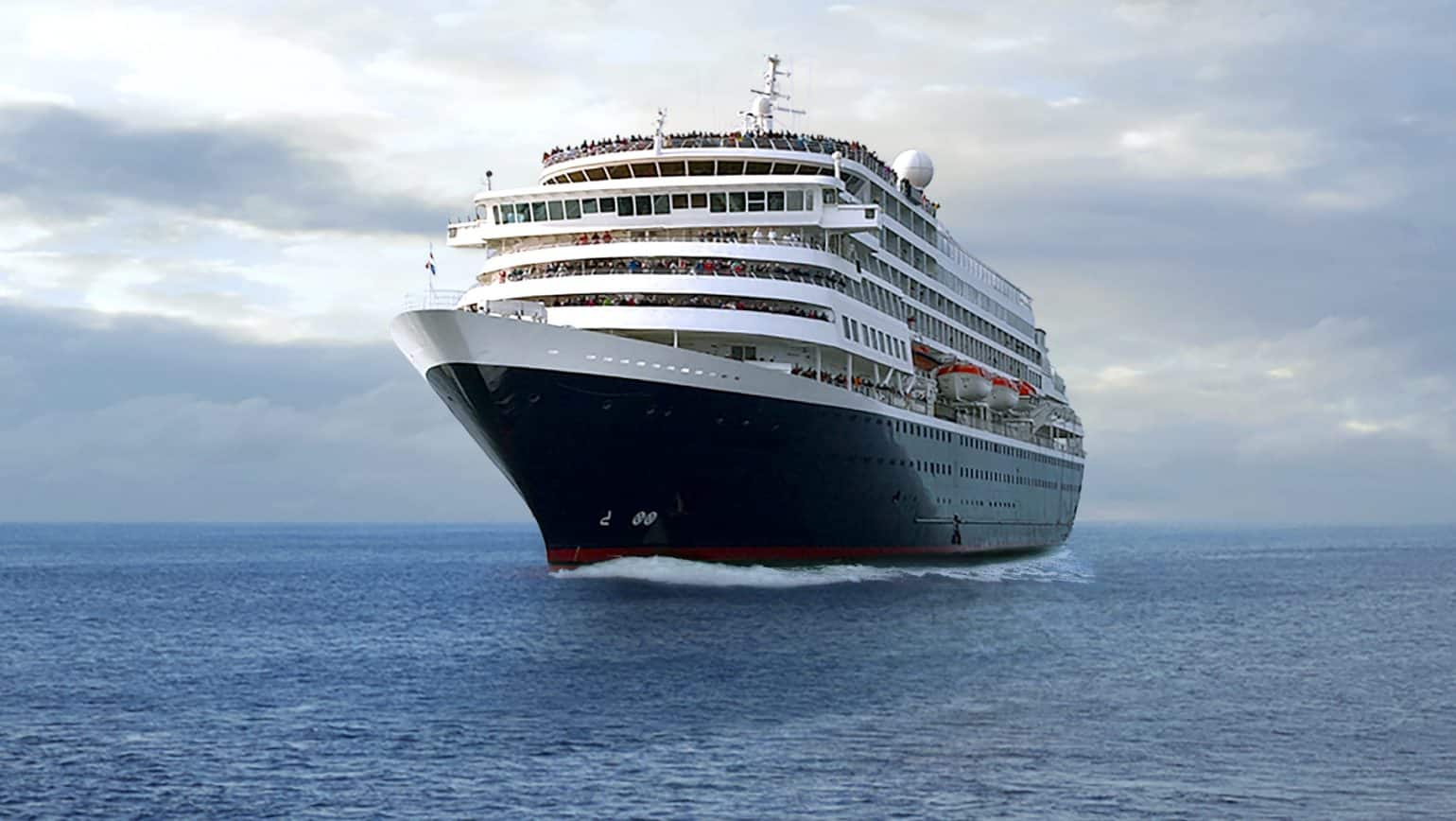When Captain James Cook first sailed to Tahiti in 1769, he and his crew all thought they’d found paradise. Cook hinted at it in his journals, in coy language that would have been acceptable in his day; his men felt considerably less reserve, and returned home sporting tattoos and stories of a people who ate what fell from trees, and lived lives of freedom unknown in Europe. All without much need for clothes.
Although all of French Polynesia is sometimes referred to as Tahiti, Tahiti proper is only one island, ringed by a reef that turns the water shades of blue even sapphires can’t come near. Rivers flow down from its high peaks, and every night, the sun goes down behind the neighboring island of Moorea, outlining the mountains like a laser show.
Papeete, the capital of French Polynesia, is a bustling business and government center, with black-pearl shops on almost every corner. As you move into the countryside, time starts to slip, and it's just the changeless ocean and the almost unchanged forests—and much the same sensation that made Cook think he'd found heaven on earth.





